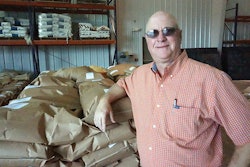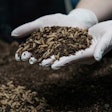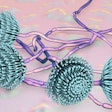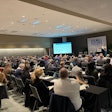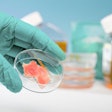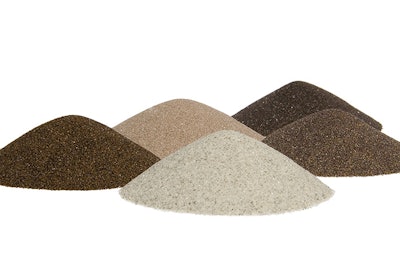
In three weeks, I will head to Germany to moderate and present at the 8th edition of the FIAAP Animal Nutrition Conference, held June 14 in Cologne. Though I hesitate to give away too much in this blog post, my presentation will offer a sneak peek of the results of the 2017 World Feed Panorama, WATT Global Media’s exclusive annual survey of world compound feed volumes.
In 2016, world feed volumes were up slightly, with several countries experiencing spikes in production; however, for the most part, production volumes remained stagnant.
Typically, the amount of feed manufactured in a calendar year serves as a bellwether of current animal protein and greater industry trends — but I often wonder if volume is the best indicator of industry success.
While external factors certainly influence the amount of production, in to the future, how much will the application of internal technologies — such as advances in digital technology and feed additives — influence these outcomes?
Increased reliance on feed additives
As we move into a post-antibiotic production climate, successful animal production models will require a holistic approach to animal health.
In addition to better informed decision making driven by precision nutrition programs, feed additives are expected to play a huge role in mitigating the effects of disease and disorders. At FIAAP 2017, one of the key tracks focused on feed additive alternatives for antibiotic growth promoters (AGPs).
Much can be learned about the applications of these strategies by reviewing the practices in two key markets: the United States and the European Union.
Peter Radewahn, FEFAC’s vice chairman of the animal nutrition committee, will discuss the EU strategy to fight against antimicrobial resistance (AMR) by exploring the use of dynamic nutritional models, modern diagnostic tools and a variety of feed ingredients, including functional micro-ingredients, which prove to be effective in fostering and optimizing the composition of the gut microflora and the functioning of the digestive track.
Offering practical advice from the U.S. perspective, Purina Animal Nutrition’s Dr. Dari Brown will explore new alternative feeding strategies and related research for reducing and eliminating antibiotic use in pig feed.
Drilling down on phytogenic feed additive usage
Phytogenic feed additives (PFA) and the use of botanicals for AGP reduction and elimination has been a hot topic for a couple of years, but the PFA track at FIAAP 2017 will allow attendees to really drill down and get real-time answers to their nutrition and formulation questions.
Internal and external conditions, including pathogens, stress and intestinal infections, constantly challenge an animal’s gut health and immunity. Delacon’s director of products and innovation, Dr. Jan Dirk van der Klis, will explore the different modes of action of plant-based phytogenic additives for improving the efficient nutrient utilization, intestinal integrity and the immune function of pigs and poultry.
Though phytogenic feed additives are shown to provide numerous beneficial biological activities, including improved animal health and growth performance, the speed to adopt has varied from region to region. BIOMIN’s Michael Noonan will explore the prevailing uses for phytogenic feed additives and examine certain barriers to PFA use.
The event will also host a panel discussion, “Antibiotic growth promoters: Feed additive alternatives and replacement strategies,” featuring Dr. Phillip Smith, senior nutritionist with Tyson Foods, and three phytogenic feed additive suppliers to field audience questions on how nutritionists can utilize botanicals as part of their company’s antibiotic replacement strategy.
The one-day event, co-located with FVG Select, a matchmaking and networking event organized by Victam, will be held in Cologne, Germany, on June 14, 2017.
To view the full lineup or to register for the event, please visit www.fiaap-conferences.com.


